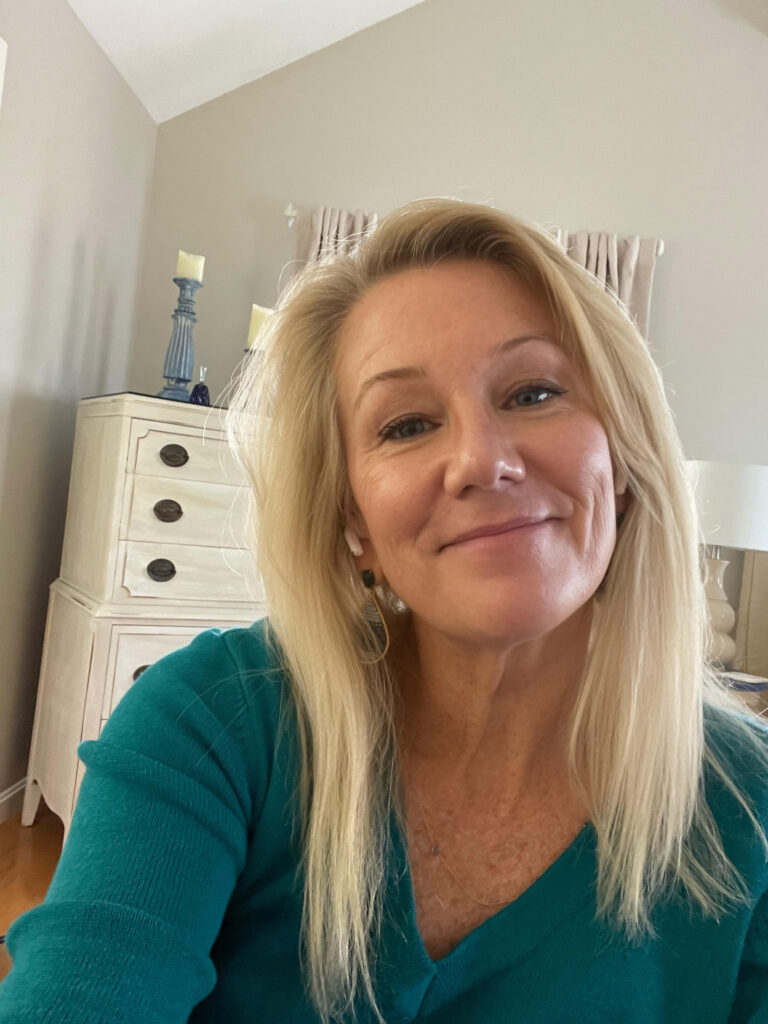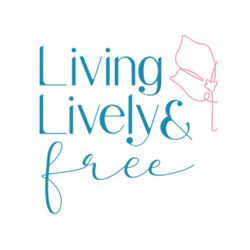In early January 2025, U.S. Surgeon General Dr. Vivek Murthy dropped a significant warning about alcohol, linking it to an increased risk of at least seven types of cancer, including breast and liver cancer. This advisory is a wake-up call for many of us to rethink our drinking habits. But here’s the thing: while it’s crucial to understand these risks, that’s just scratching the surface. To truly change our relationship with alcohol, we need to dig deeper into how our brains work and what it takes to change our habits.
What the Surgeon General’s Warning About Alcohol Really Means
The Surgeon General’s message is clear: alcohol can be harmful, even in moderation. It’s not just about cancer; there are a host of other health issues tied to drinking, like liver disease and mental health struggles. Knowing these risks is essential for making informed choices about our drinking. But let’s be honest—just knowing the dangers often isn’t enough to make us change our behavior.
The Brain’s Surface vs. Its Wiring
When we hear about the risks of alcohol, our brains process that information on a surface level. We might feel a moment of concern or even resolve to cut back. But here’s the catch: our habits, including drinking, are deeply ingrained in our brains. They’re like well-worn paths that we’ve traveled many times. Changing our relationship with alcohol means we have to venture off those paths and create new ones.
The Science of Change
This is where neuroplasticity comes into play. It’s the brain’s incredible ability to reorganize itself by forming new neural connections. While it’s important to be aware of the risks, changing long-standing habits requires more than just knowledge; it requires us to actively rewire our brains. This means engaging in new behaviors and thought patterns that can replace the old ones tied to alcohol.

Strategies for Rewiring Your Brain
Changing your relationship with alcohol isn’t just about willpower—it’s about rewiring your brain. Your drinking habits are deeply ingrained neural pathways, shaped by years of conditioning and belief systems. The good news?
Neuroplasticity—your brain’s ability to change—means you can break old patterns and create new, healthier ones. Here are 10 ways to start rewiring your brain for true alcohol freedom:
1. Identify Your Core Beliefs About Alcohol
What do you believe alcohol does for you? Does it help you relax? Make social situations easier? Signal the end of a long day? These beliefs keep you stuck. Write them down and challenge them. Ask yourself: Is this really true?
2. Track Your Triggers
Notice when the urge to drink hits. Is it stress? Boredom? Social pressure? Evening routine? Understanding why you reach for a drink is the first step to breaking the cycle.
3. Interrupt the Habit Loop
Habits work in three parts: trigger → behavior → reward. If stress triggers your drinking, replace the behavior with something that still gives you relief—like deep breathing, movement, or a hot shower. Over time, your brain will form a new association.
4. Get Curious About Your Urges
Instead of trying to fight the urge to drink, pause and observe it. Ask yourself:
- What am I feeling right now?
- What do I really need?
- Will alcohol actually solve this?
Simply noticing your urges without acting on them weakens their power over time.
5. Strengthen Your Prefrontal Cortex
Your prefrontal cortex (the part of your brain responsible for decision-making) is weakened by habitual drinking. Strengthen it with mindfulness, meditation, and self-reflection. The more you practice intentional choices, the stronger this part of your brain becomes.
6. Regulate Your Nervous System
Many of us use alcohol to cope with stress, but real resilience comes from nervous system regulation. Try:
- Deep belly breathing
- Cold exposure (splash cold water on your face)
- Movement (walking, stretching, dancing)
- Grounding techniques (barefoot in the grass, holding an object in your hand)
A regulated nervous system means you’ll be less reactive to stress—and less likely to reach for a drink.
7. Rewrite Your Internal Narratives
Words shape our reality. If you tell yourself, “I can’t drink,” your brain feels deprived. Instead, shift to: “I don’t need alcohol to have fun.”
“I don’t need alcohol to have fun.” “I am learning new ways to relax.”
“I am learning new ways to relax.” “I am free from the mental tug-of-war.”
“I am free from the mental tug-of-war.”
Affirmations may feel silly at first, but they literally rewire your brain’s thought patterns.
8. Find True Sources of Pleasure
Alcohol hijacks your brain’s dopamine system, giving short-term pleasure but long-term depletion. Start identifying realsources of joy and fulfillment—music, movement, creativity, deep conversation, nature. What truly lights you up? Do more of that.
9. Lean into Connection, Not Isolation
Your brain craves belonging. If alcohol has been tied to socializing, find new ways to connect.
- Host a game night with alcohol-free drinks
- Find a sober or mindful drinking community
- Take a class, join a book club, or volunteer
Surround yourself with people who support your goals, not those who make you second-guess them.
10. Practice Small, Consistent Changes
Your brain loves repetition. Small daily actions—choosing a sparkling water instead of wine, taking a walk instead of pouring a drink, pausing before reacting—create lasting neural changes. Focus on progress, not perfection.
Final Thought:
The Surgeon General’s warning about alcohol is a crucial reminder for all of us to take a closer look at our drinking habits. But understanding the risks is just the first step. To truly change our relationship with alcohol, we need to engage in the deeper work of rewiring our brains. By using strategies that promote neuroplasticity and foster new habits, we can create lasting change and improve our overall well-being.
Rewiring your brain from alcohol isn’t about deprivation—it’s about gaining freedom. It’s about reclaiming your power, creating new pathways, and learning how to truly handle life on your own terms.
Meet Julie Lively: Alcohol Freedom Coach
Julie Lively is a passionate and transformational alcohol freedom coach dedicated to helping individuals break free from unhealthy habits and create lasting change in their lives. With years of education, experience and qualified certifications, Julie empowers her clients to explore their relationship with alcohol and other behaviors that may be holding them back.
Through personalized coaching sessions, she provides the tools and support needed to foster self-awareness, resilience, and positive transformation. Julie believes that everyone has the potential to rewrite their story and live a fulfilling life, free from the constraints of past habits. Whether you’re looking to quit alcohol consumption, improve your mental well-being, or simply seek a more balanced lifestyle, Julie is here to guide you on your journey to self-discovery and empowerment. Reach out today or check out one of her many resources.


